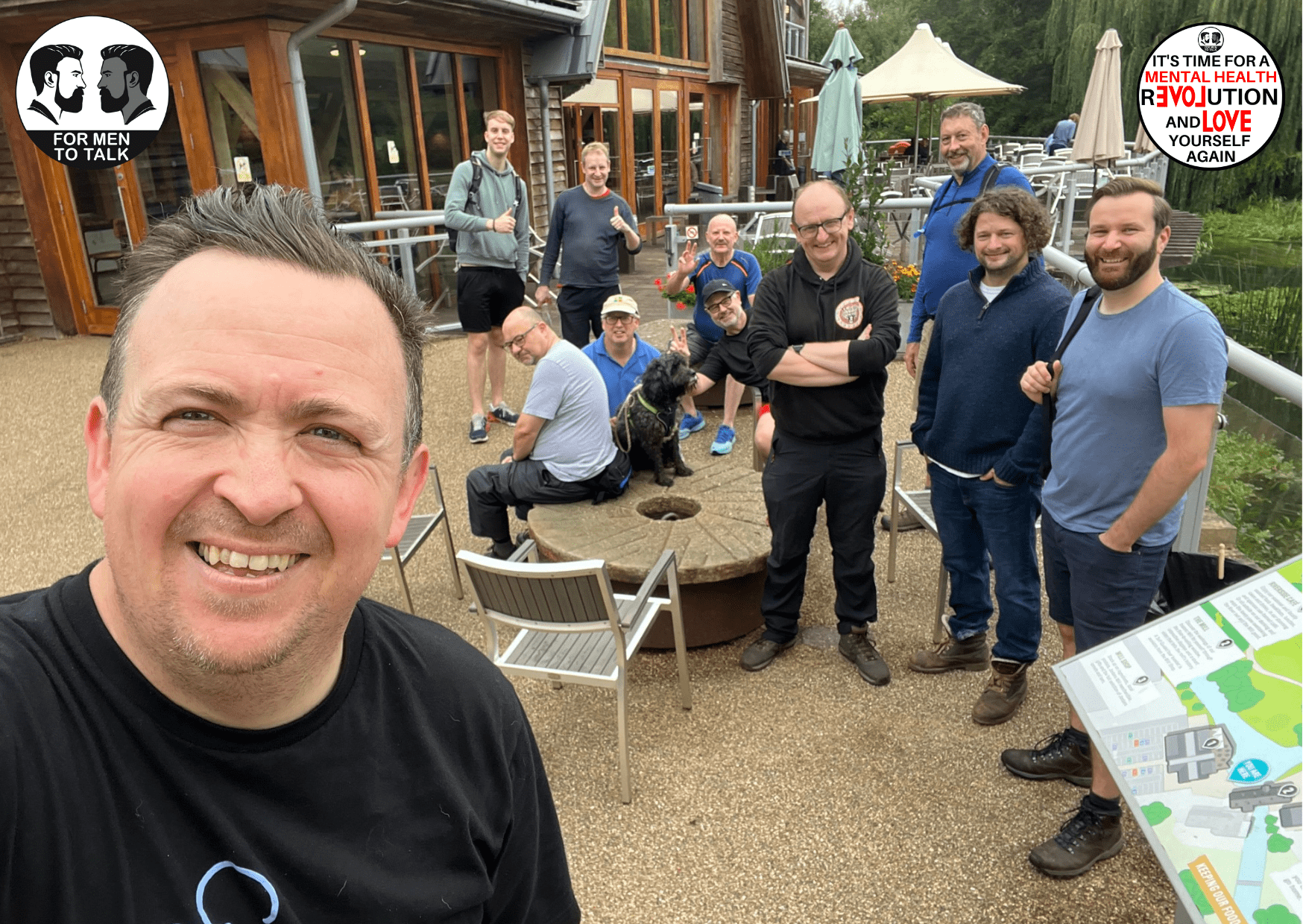Walking and overcoming barriers to do it!

Walking is one of the most accessible and popular forms of physical activity. It is a simple and cost-effective way to maintain good health and wellbeing and can be done almost anywhere and at any time. However, there are still barriers that prevent people from walking as much as they would like to. In this blog, we will explore some of the most common barriers to walking and suggest ways to overcome them.
One of the main barriers to walking is a lack of time. Many people lead busy lives, juggling work, family commitments and other responsibilities, which can make it difficult to find time for exercise. To overcome this barrier, it is important to prioritise physical activity and schedule it into your day. You could try waking up earlier to go for a walk before work, or taking a walk during your lunch break. You could also try walking to work or to run errands instead of driving or taking public transport.
Another common barrier to walking is a lack of motivation. It can be hard to get motivated to exercise, especially if you don’t enjoy it or don’t see the benefits immediately. To overcome this barrier, it is important to find activities that you enjoy and that make you feel good. Walking with a friend or joining a walking group can make exercise more enjoyable and social. You could also set yourself achievable goals, such as walking for 30 minutes a day or completing a walking challenge, to help you stay motivated.
Physical barriers can also prevent people from walking. These can include things like uneven pavements, steep hills and busy roads. To overcome these barriers, it is important to plan your route carefully and choose paths that are safe and accessible. You could also lobby your local council to improve the infrastructure in your area, such as repairing pavements or installing more pedestrian crossings.
Health problems can also be a barrier to walking. People with chronic conditions such as arthritis or heart disease may find it difficult to walk long distances or on uneven terrain. To overcome this barrier, it is important to consult with your doctor or a qualified health professional to determine what kind of exercise is safe and appropriate for your condition. They may be able to recommend specific exercises or modifications that will allow you to walk more comfortably and safely.
Finally, financial barriers can prevent people from walking. Walking is a relatively low-cost form of exercise, but some people may struggle to afford appropriate footwear or clothing. To overcome this barrier, you could look for second-hand or discounted walking gear, or you could simply wear comfortable, supportive shoes and clothing that you already own.
In conclusion, walking is a fantastic form of exercise that can help to improve health and wellbeing. However, there are several barriers that can prevent people from walking as much as they would like to. By prioritising physical activity, finding enjoyable activities, planning your route, seeking professional advice and making do with what you have, you can overcome these barriers and enjoy all the benefits that walking has to offer.
‘For Men To Talk – Biggleswade… and Walk’ is held on the 2nd Sunday every month at 9.15am. starting from Jones’ Cafe in Biggleswade, Bedfordshire.
‘For Men To Talk – Bedford… and Walk’ is held every Thursday at 6pm, starting from Cloverdale Retreat, Priory Country Park in Bedford, Bedfordshire.